Career Development Discussions with Employees
A Smart Strategy Against the Great Resignation
By Kimberly Kafafian
Anyone that’s recently dined out and/or stood on line at a retail store and/or tried to get a customer service representative on the phone and/or needed to get their car serviced can attest to our rapidly thinning workforce. A quick Google search will tell you a record 4.3 million workers quit their jobs in August. Anthony Klotz, an organizational psychologist at Texas A&M University, coined this ongoing phenomenon as “The Great Resignation.” He thinks that the pandemic has made workers reevaluate what they are actually getting out of their jobs. So what is a company to do? For starters, I suggest asking employees what they want to get out of their jobs, while you still have them as an employee. Proactively taking a role in the career development of employees, just might be a company’s best – and least costly – strategy for keeping its workforce in place. According to a recent survey by Lattice, more than 50% of the 2,000 employees at mid-to-large companies in the U.S. polled said they are looking to change jobs. Why? The reasons appear to be strongly connected to the lack of career development opportunities.
Professional development and employee retention
A staggering 76% of respondents said they would be somewhat or very likely to leave a company because they were dissatisfied with career progression opportunities. And with 43% reporting that their career progression with their current company has completely stalled or significantly slowed down, along with 47% saying they are actively looking for a new job that provides the growth opportunities they need for the next step in their careers, employee feelings about professional development can’t be ignored.
Career development conversations appear to be even more relevant when it comes to younger employees. The Lattice survey found that 37% of Gen Z and 25% of millennials are currently looking for a job that offers career progression transparency. In other words, they want to know exactly what the company offers in terms of opportunities for growth.
Looking at these numbers, effective communication with employees around job paths and skill development is clearly a strong offensive strategy in addressing today’s hiring and retention crisis. But what exactly does “effective communication” mean in regard to career development?
Here are some of the conversational strategies I recommend to managers:
1. Customize the discussion.
Every conversation about career development should be uniquely tailored for the employee you are speaking with. When it comes to forging a career path, there is no one-size-fits-all approach. These discussions are supposed to help you gain greater insight into who your employee is and how you can support them. Ask them questions that will uncover ambitions and provide you with the right information, such as:
- What projects are you most proud of?
- What job activities motivate you?
- What do you think your talents and skills are?
- What are your short-term and long-term career goals?
- What projects would you like to be part of?
- What skill development or training may help you progress toward your career goals?
2. Focus on the employee’s aspirations.
While it’s helpful to share about your career path and the wisdom you’ve learned along the way, the focus of these conversations should be on the career aspirations of the employee. Let them tell you their ideas about moving their career forward. Your role is to help them find the path that best fits their existing skills and how to enhance skills for advancement.
3. Develop a plan for moving forward.
As the manager, you have the knowledge to help the employee create an actionable plan that breaks down the overarching career goals into smaller steps. To help them successfully navigate this plan, introduce them to key people in the organization and assign projects that will propel them forward.
4. Initiate conversations on a regular basis.
Have discussions with employees on a regular basis, not just yearly or even quarterly. You should be routinely touching base so that you can monitor progress and provide additional guidance as needed. And don’t roll in a discussion about career development into the employee’s yearly review. The focus of these discussions should be around career aspirations, not performance. By engaging in conversations on a routine basis, you can stay informed as to where the employee is on the path and how you can best support their next steps.
When you invest in your employees, you are investing in the company. It’s a win-win for all involved.










Leave a Reply
Want to join the discussion?Feel free to contribute!